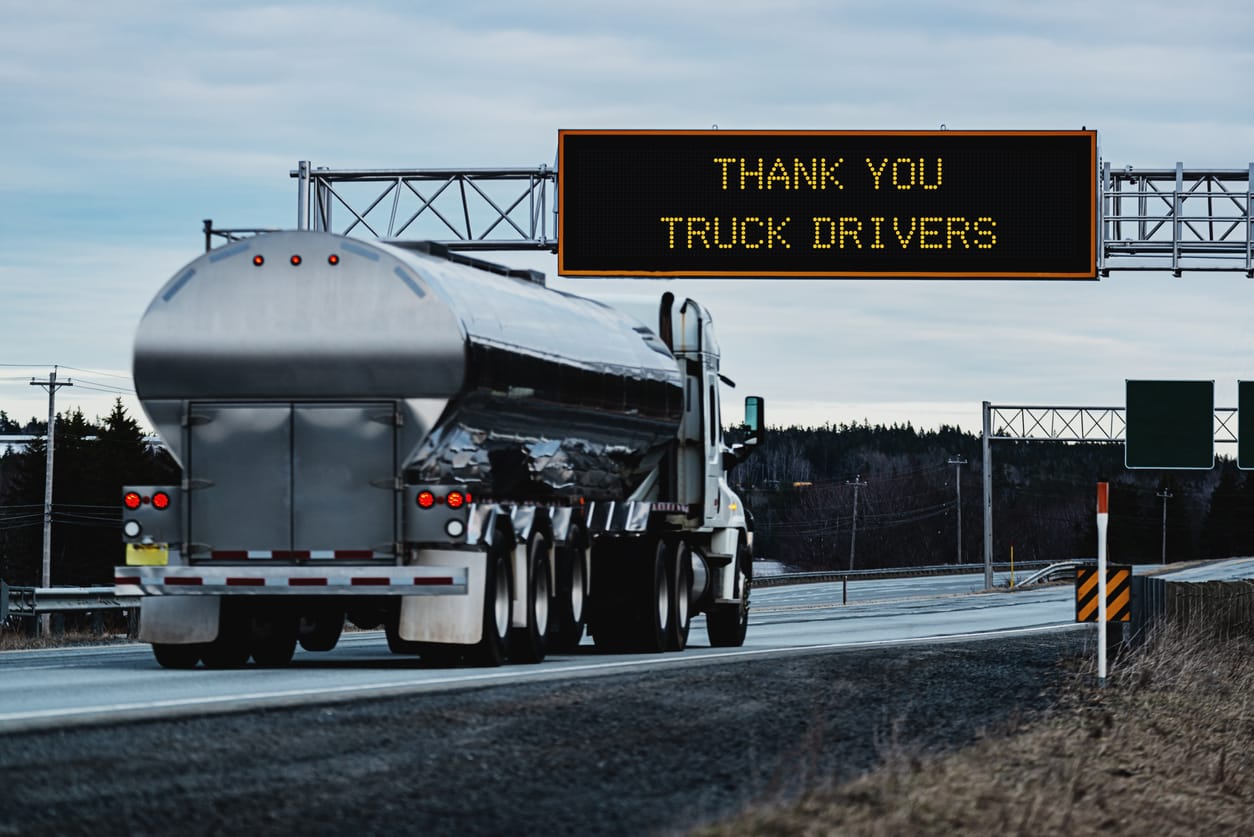Commercial motor vehicles could see a speed mandate coming to them in the very near future. The Federal Motor Carrier Safety Administration is planning to require the commercial motor vehicles to use speed limiters while on the road. This was noted in the recent U.S. Department of Transportation report on significant rulemakings, noting the rule will be published in the Federal Register by June 30th. After being published, it will be open for comment to the public.
This should come as no surprise as in May the FMCSA had sent notice of this proposal to get some feedback. With the initial notice, the commercial motor vehicles with a gross vehicle weight of 26,001 pounds or more to be equipped with an electronic engine control unit which would be capable of being governed. While this speed has yet to be determined, previous proposals showed 60, 65, or 68 miles per hour. The feedback had more than 15,000 comments, with the majority coming from truck drivers who were opposed to the speed mandate. Many truckers feel the government is already an over regulated area, and there should be more enforcement on passenger vehicle drivers to improve highway safety.

Unsurprisingly, there was a rather large number of truckers who opposed the mandate. It was noted that it does cause potential problems as you could have two trucks side by side on the highway driving at a slower pace than cars, causing a boatneck of traffic. The delays could lead to impatient drivers to use the shoulder to pass, which is obviously a major safety hazard. Based on research conducted by the Owner-Operator Independent Drivers Association (OOIDA), the frequency of interactions with other vehicles increases 227% when the truck is traveling just 10 mph below the speed of traffic. This is a noteworthy statistic as some highways have a speed limit of 80 mph or more, creating a difference of 20-25 mph slower than traffic. Further studies by the University of Arkansas notes the speed limit differentials could compromise highway safety.
Further issues brought up by the OOIDA notes forcing truckers to lose time in the high speed areas (highways) to make up for it in cities and towns by speeding through low speed zones to make deliveries on time. Based on a survey conducted by the Transportation Research Board of safety managers, 88% of drivers responded that they drive faster than normal in lower speed zones to make up for time.

Every faucet of life in our society is trying to improve safety measures to protect people from harm. The trucking industry is one of the highest debated areas in terms of setting a cap on the speed limit for truck drivers. While the Department of Transportation may be in favor of the mandate, it is not surprising that a high number of drivers openly oppose the new mandate. Research also shows that the speed mandate may not improve the safety conditions on the road, and could actually lead to more harm than good. The trucking industry hopes the Department of Transportation will reconsider before implementing this mandate on all commercial vehicles, and will look towards other avenues to improve the safety of the highways.




